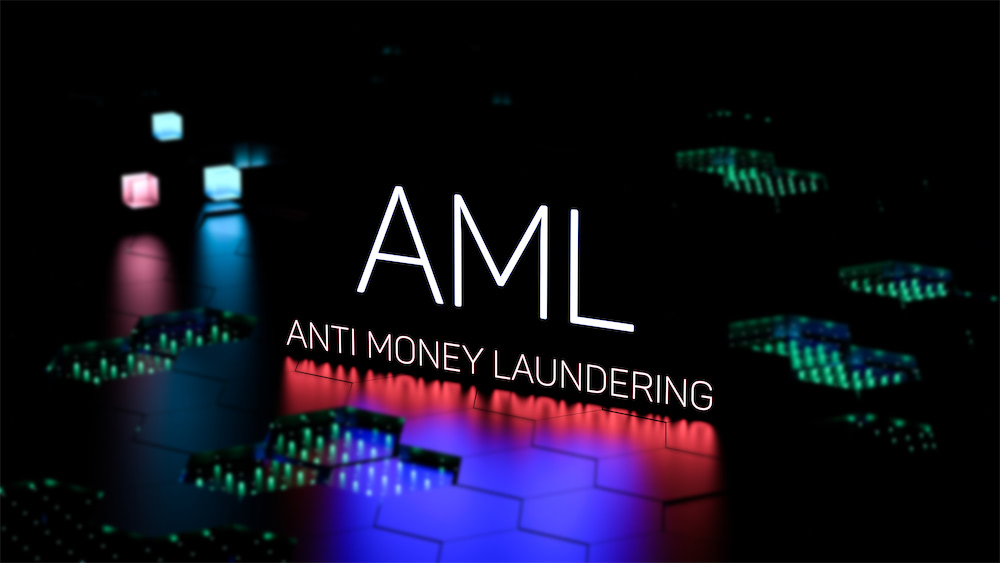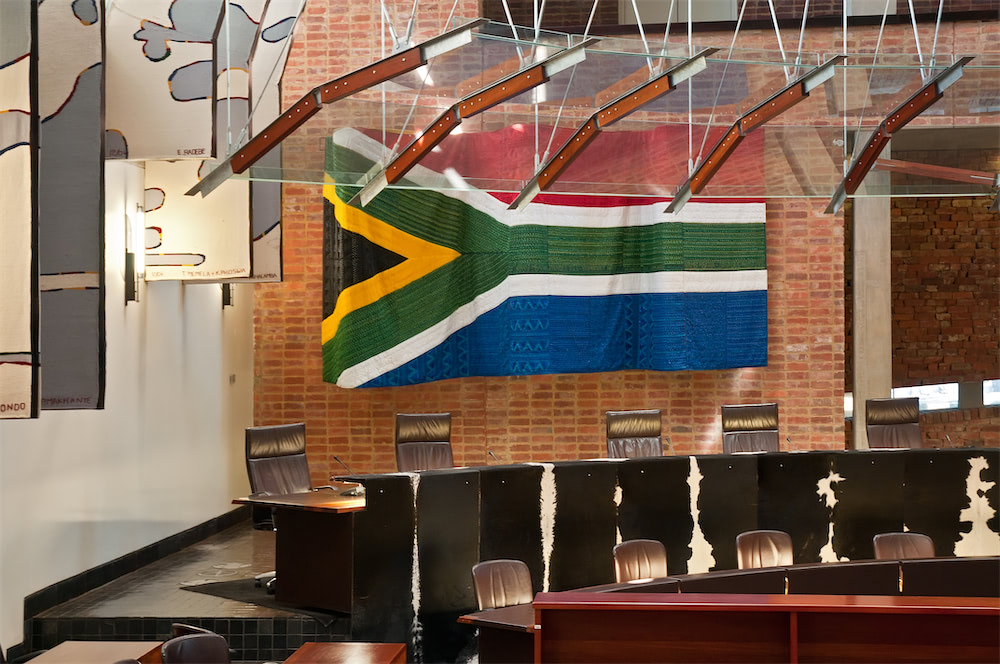

South Africa’s Duty to the International Criminal Court - Is there one?
Part I
As July rears its head, the temperatures in South Africa are plummeting – not only is the weather icy, but the winds that blow through the political (and economic) trees around the world are also bitterly cold.
With Winter well and truly upon us, the impending BRICS summit starts to come into focus. And with it, the bitterly cold winds are set to become arctic.
South Africa will be chairing the BRICS Summit from the 22nd to the 24th of August this year. The theme? “BRICS and Africa: Partnership for Mutually Accelerated Growth, Sustainable Development and Inclusive Multilateralism”.
As the host, South Africa will welcome leaders from Brazil, Russia, India, and China. Ordinarily a summit that brings together emerging markets – of some 3.2 billion people – under the auspices of a “restructured global political, economic and financial architecture that reflects the contemporary world and is more equitable, balanced and representative”, “championing inclusive multilateralism” (BRICS 2023) would be cause for celebration.
But that’s not the case this year.
The “elephant in the room”? Russia and more specifically President Vladimir Putin.
Most of us sitting at home would be able to sort this crisis out with a simple exercise of good judgement – like seating charts at Weddings. You kind of know who to sit with whom and if a significant problem arises, we again question whether inviting the said “undesirable” person is really worth the stress and hardship.
If only it were that easy…
The International Criminal Court (ICC)
The ICC -which was formed in 2002 - seeks to investigate, prosecute and try individuals accused of committing the most serious crimes of concern to the international community as a whole. That includes the crime of genocide, crimes against humanity, war crimes and the crime of aggression (ICC CPI).
According to the ICC’s own website –
“The International Criminal Court (ICC) investigates and, where warranted, tries individuals charged with the gravest crimes of concern to the international community: genocide, warcrimes, crimes against humanity and the crime of aggression. As a court of last resort, it seeks to complement, not replace, national Courts. Governed by an international treaty called the Rome Statute”.
And on the face of it at least, the ICC appears to fill a vital function. Bringing those responsible for committing atrocities to book. It seems like a pretty worthwhile cause. At least to us. It has its shortfalls, there’s no doubt, including weak enforcement power, low conviction rates and the fact that with restricted budgets it can only try a certain amount of cases per year (Access Accountability).
But, the ICC stems from pretty noble, well-intentioned origins. According to the Council of Foreign Relations -
“In the aftermath of World War II, the Allied powers launched the first international war crimes tribunal, known as the Nuremberg Trials, to prosecute top Nazi officials. It wasn’t until the 1990s, however, that many governments coalesced around the idea of a permanent court to hold perpetrators to account for the world’s most serious crimes. The United Nations had previously set up ad hoc international criminal tribunals to deal with war crimes in the former Yugoslavia and Rwanda, but many international law experts considered them inefficient and inadequate deterrents”.
It began with the Rome Statute – the ICC’s founding treaty – which was signed on 17 July 1998 in Rome.
123 countries are a party to the Rome Statute. Amongst them – and notable for our current circumstances – is South Africa. In fact (and according to Ground Up), South Africa played a crucial role not only in the drafting of the Rome Statute but was also one of the first countries in Africa to fully incorporate the Rome Statute into domestic law by codifying the statute into local legislation aka The Implementation of the Rome Statute of the International Criminal Court Act 27 of 2002.
40 countries including China, Ethiopia, India, Indonesia, Iraq, North Korea, Saudi Arabia, and Turkey did not sign the Rome Statute. Notable amongst this group is both China and India who are members of BRICS. There were still other countries that signed the Statute but never ratified it into their local legislation. A notable country here is Russia who withdrew in 2016, saying it did not recognise the jurisdiction of the court.
In light of the ICC’s mission and in carrying out its duties, the Pre-Trial Chamber II of the ICC issued a warrant of arrest for President Vladimir Vladimirovich Putin on the 17th of March this year, for -
“the war crime of unlawful deportation of population (children) and that of unlawful transfer of population (children) from occupied areas of Ukraine to the Russian Federation (under articles 8(2)(a)(vii) and 8(2)(b)(viii) of the Rome Statute). The crimes were allegedly committed in Ukrainian occupied territory at least from 24 February 2022. There are reasonable grounds to believe that Mr Putin bears individual criminal responsibility for the aforementioned crimes, (i) for having committed the acts directly, jointly with others and/or through others (article 25(3)(a) of the Rome Statute), and (ii) for his failure to exercise control properly over civilian and military subordinates who committed the acts, or allowed for their commission, and who were under his effective authority and control, pursuant to superior responsibility (article 28(b) of the Rome Statute)” (ICC Press Release dated 17 March 2023).
Whilst the Ukraine is not a signatory to the ICC, it granted the ICC jurisdiction to investigate war crimes committed on its territory. Four visits by the ICC’s chief prosecutor, Karim Khan, during 2023, led to a ruling that “there are reasonable grounds to believe that Mr Putin bears individual criminal responsibility” for the child abductions (The Guardian).
What does this warrant of arrest mean for signatories of the Rome Statute?
While the ICC is not a substitute for national courts, the Rome Statute sets out that it is the duty of every State (and signatory to the Statute) to exercise its criminal jurisdiction over those responsible for international crimes.
A document titled "Understanding the ICC" sets out the following -
Ø The ICC can investigate and, where warranted, prosecute, and try individuals only if the State concerned does not, cannot or is unwilling to do so genuinely.
Ø When a State becomes a party to the Rome Statute, it agrees to submit itself to the jurisdiction of the ICC with respect to the crimes enumerated in the Statute.
Ø The Court may exercise its jurisdiction in situations where the alleged perpetrator is a national of a State Party or where the crime was committed in the territory of a State Party. Also, a State not party to the Statute may decide to accept the jurisdiction of the ICC.
Ø No one is exempt from prosecution because of his or her current functions or because of the position he or she held at the time the crimes concerned were committed. Acting as a Head of State or Government, minister or parliamentarian does not exempt anyone from criminal responsibility before the ICC.
With the above in mind, one would naturally assume that those countries that are a party to the Statute would abide by the orders of the ICC. This includes abiding by, and exercising warrants of arrest issued by the ICC.
With Putin’s warrant of arrest now looming over signatories around the globe, the practicalities of exercising it come into question.
As Russia doesn’t recognise the jurisdiction or authority of the ICC, coupled with the fact that Russia does not extradite its own nationals (Bindmans), there is very little chance of Putin being surrendered to the ICC.
This despite the so-called "March of Justice" against the Russian regime by the head of the Russian private military company, the Wagner Group, Yevgeny Prigozhin (BBC). Prigozhin was alleged to be a former close confidant of Putin until his rebellion on 24 June this year.
As we have already established, the ICC doesn’t recognise immunity for heads of state in cases involving war crimes, crimes against humanity or genocide.
But what does that all mean? What is going to happen?
August is not that far away….
That’s already a lot to take in.
And with statements by Julius Malema, leader of the EFF welcoming Putin onto our local shores –
“Putin is welcome here, and no one is going to arrest Putin. If need be, we are going to fetch Putin from the airport, take him to his meeting, where he will address and finish his meetings, and we will take him back to the airport” (IOL).
A collective sweat on the brow of all South African’s is bound to form.
We will be looking into the relationship between South Africa and the ICC in a little more detail in our next article. Look out for it!
In the meantime, if you have any questions on the information we have set out above or have a personal issue which you want to discuss with us, please don’t hesitate to contact us at NVDB Attorneys.
We are a law firm that considers honesty to be core to our business. We are a law firm that will provide you with clear advice and smart strategies - always keeping your best interests at heart!




